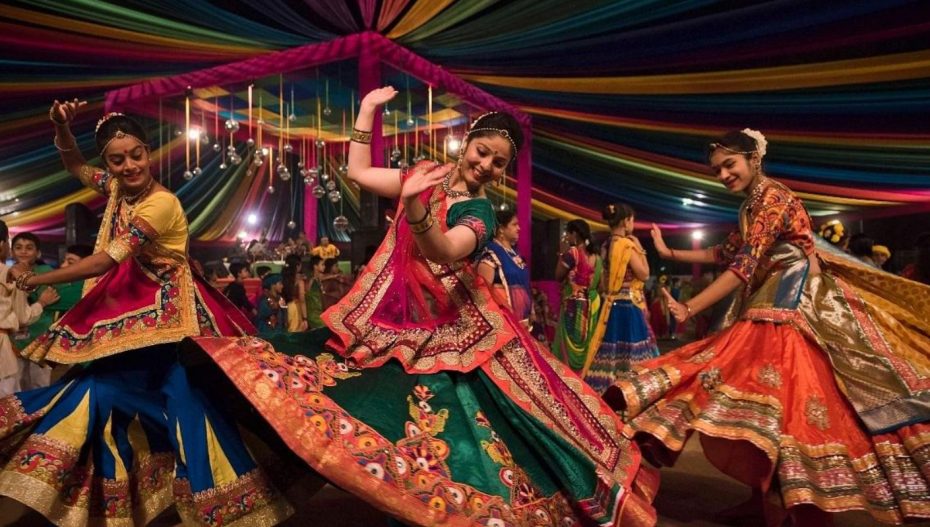For Indians, particularly those from Gujarat, it is a moment of jubilation. The iconic traditional dance form of Gujarat, Garba, has been officially given the certificate of inscription from UNESCO, making it a part of the organisation’s ‘Intangible Heritage’ list.
In a post on social media platform X on Wednesday, UNESCO posted, “New inscription on the Intangible Heritage List: Garba of Gujarat, India. Congratulations!”
The decision was taken during the 18th session of the Intergovernmental Committee for the Safeguarding of the Intangible Cultural Heritage held in Botswana in December 2023.
The vibrant dance form, which is much-loved across India, and particularly in Gujarat, was recognised as an “Intangible Cultural Heritage of Humanity”.
This prestigious accolade was bestowed by the director-general of UNESCO, Audrey Azoulay, who expressed deep admiration for India’s rich culture in the presence of Vishal Sharma, ambassador of India to UNESCO, and minister of state, Praful Patel, from the BJP.
Prime Minister Narendra Modi was applauded for his dedication in showcasing Garba on the global stage. Gujarat’s chief minister, Bhupendra Patel, was also praised for his continuous endeavors in ensuring that Garba remained an inseparable essence of Gujarat’s identity.
Community bonding
Garba, known for its enchanting footwork, rhythmic clapping, and colourful costumes, has long been celebrated as a symbol of joy and community bonding during the festival of Navratri.
Indian diplomats expressed pride at the global recognition, stressing its role in fostering cross-cultural understanding and appreciation. They praised the Gujarati community for preserving the devotional dance form over the years.
The practitioners and bearers of Garba include the dancers, musicians, social groups, craftspeople and religious figures involved in the festivities and preparations, according to a citation by UNESCO.
Garba is transmitted across generations in urban and rural areas through practice, performance, imitation, and observation, the citation said.
Apart from Garba, the rickshaws and rickshaw painting in Dhaka, Bangladesh; Jamu wellness culture of Indonesia and Songkran, the traditional Thai New Year festival, are new additions to the UNESCO’s Intangible Heritage List.
As of January 2022, a total of 14 Intangible Cultural Heritage elements from India were inscribed on UNESCO’s list. These included the Nawrouz festival, the Kumbh Mela, the Durga Puja of Kolkata, Ramlila and Vedic Chants.
Also Read: 3 Idiots: Blockbuster That Defied Conventional Bollywood Trends













